Protests are expected at next week’s Democratic National Convention over U.S. policy toward the Israel-Hamas war. Some will be from Wisconsin, where they took their opposition to the voting booth.
ARI SHAPIRO, HOST:
Protests are expected at next week’s Democratic National Convention in Chicago over U.S. policy on the war between Israel and Hamas. Some of those protesters will be from just up the road in Wisconsin. There, opponents of the war have challenged Democratic candidates at the voting booth. Chuck Quirmbach of member Station WUWM in Milwaukee talked with some of them about how having Kamala Harris in the running might affect their votes for president.
CHUCK QUIRMBACH, BYLINE: President Biden carried Wisconsin four years ago by about 20,000 votes over former Republican President Donald Trump. This April, more than 48,000 Wisconsinites voted uninstructed on the Democratic presidential primary ballots as a way to protest Biden’s handling of the war in Gaza. But now Vice President Harris and Minnesota Governor Tim Walz are the Democratic ticket. Rachel Ida Buff of Milwaukee Jewish Voice for Peace says she voted for Biden in the 2020 general election but chose uninstructed four months ago. Buff says Harris still has time to win her support.
RACHEL IDA BUFF: So I’m very hopeful that Kamala Harris, who’s an intelligent woman, and Tim Walz, who campaigns as a populist, will listen to the people.
QUIRMBACH: Supporters of Israel’s military actions say the nation has a right to respond to the Hamas attacks of last October 7. The Israeli government says the militant group killed around 1,200 people and took around 250 hostages. The Gaza Health Ministry says more than 39,000 Palestinians have been killed during the Israel-Hamas war. Not all Wisconsin residents who voted uninstructed in April are convinced that Harris and Walz will change U.S. policy toward the region.
(SOUNDBITE OF DRUM BEATING)
QUIRMBACH: A drummer played as about two dozen members of the group Milwaukee4Palestine gathered for a protest last week outside a company that services military aircraft. Huda Asad, a Palestinian American, says she voted Democratic in 2020 but now is leaning toward Green Party candidate Jill Stein. Asad says she views no difference between Harris and Biden on Israel.
HUDA ASAD: You need to show that you’re something else, something completely different, and I haven’t seen that.
QUIRMBACH: Asad says she does worry about Trump winning in November, but if that happens, wants Democrats to realize they should’ve done more for a cease-fire. Another 2020 Biden voter who also protested, Teri Pritchett, says Harris and Walz have not yet won her trust.
TERI PRITCHETT: They have a little softer side regarding the issue, but in the end, they’re still supporting Israel. They’re still sending the bombs and sending the money.
QUIRMBACH: Pritchett says without changes, she’ll be voting for a third-party candidate this November. She doesn’t like Trump but says he may be no worse on Gaza. The vice president has criticized the high civilian death toll as recently as last weekend while in Arizona, when a reporter asked her about an Israeli airstrike that Palestinian officials say killed at least 80 people taking shelter in a school in Gaza.
(SOUNDBITE OF ARCHIVED RECORDING)
VICE PRESIDENT KAMALA HARRIS: You know, yet again, there are far too many civilians who have been killed. I mean, Israel has a right to go after the terrorists that are Hamas. But as I have said many, many times, they also have, I believe, an important responsibility to avoid civilian casualties.
QUIRMBACH: Israel blames the high civilian death toll on Hamas because it says the group hides among noncombatants. Some elected Democratic officials in Wisconsin who were active in the protest movement earlier this year recently endorsed Harris’ candidacy. How many other Palestine supporters switch back to the Democratic ticket could be decisive in who carries the state. For NPR News, I’m Chuck Quirmbach in Milwaukee.
Copyright © 2024 NPR. All rights reserved. Visit our website terms of use and permissions pages at www.npr.org for further information.
NPR transcripts are created on a rush deadline by an NPR contractor. This text may not be in its final form and may be updated or revised in the future. Accuracy and availability may vary. The authoritative record of NPR’s programming is the audio record.